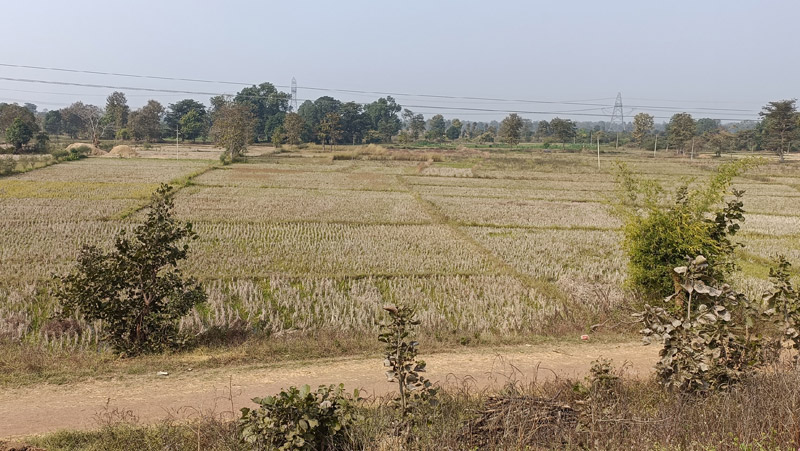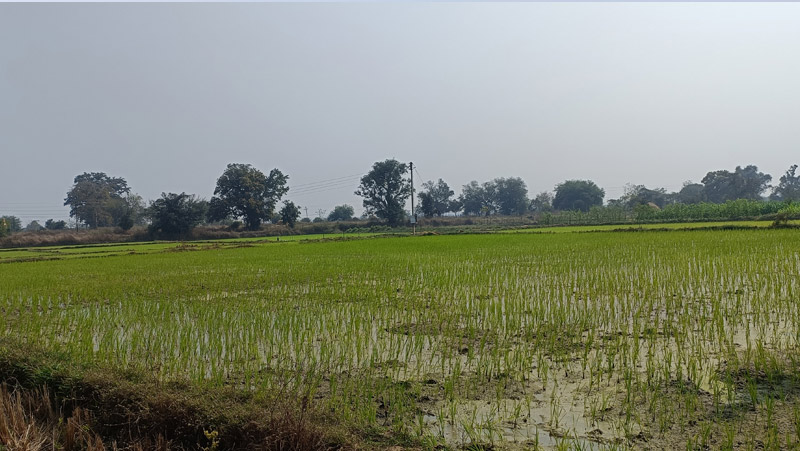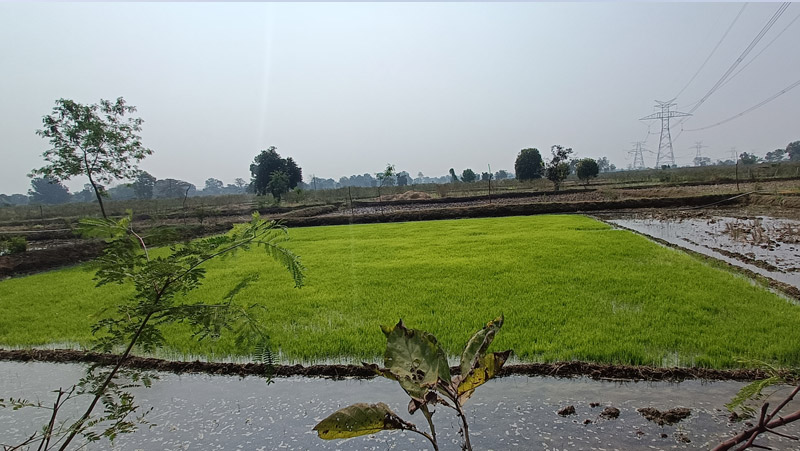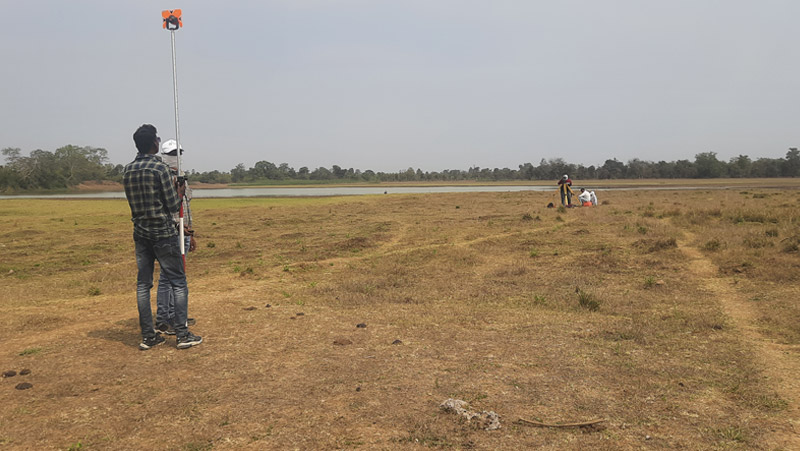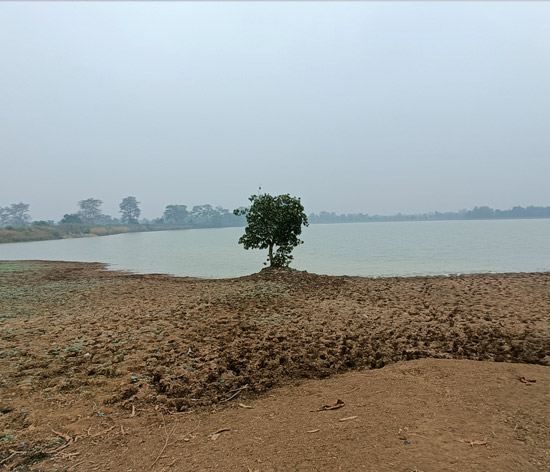
Located in Maharashtra’s Gadchiroli district, Peth Tukum and Injewari villages are known for their fertile agricultural land. Farming is the primary source of livelihood for the region’s hardworking farming community. However, a dire scarcity of irrigation water for decades has meant that local farmers have been unable to reap the fruits of their labour. A major contributor to this crisis is the deep neglect of the region’s ex-malgujari tank – a 200-year-old shallow water harvesting tank built by the rulers of the time – that supplies water to farmers of Peth Tukum.
Lack of maintenance had plunged the tank into disrepair and drastically reduced the water available to farmers for irrigation. Help finally came from the Tata Trusts’ Integrated Rural Upliftment Programme (IRUP), which partnered Bharat Petroleum Corporation Ltd. to tackle this problem.
Starting in March 2022, the IRUP team worked with the community to desilt the ex-malgujari tank to meet the irrigation needs of 157 households across 180 acres of agricultural land in Peth Tukum and Injewari. At the project’s conclusion in March 2022, the tank was able to fulfil the irrigation needs of around 175 acres, and its capacity had grown by 10% to over 50,000 cubic metres.
Building ownership and consensus
The Trusts began its intervention with a survey to determine the extent and timelines of the desilting project. Numerous discussions and meetings were held with farmers of both villages to understand their plight and challenges. Regular ground visits by the Trusts team helped them gain the support of the farmers and garner their participation in the IRUP initiative.
To ensure that the project ran smoothly and with proper oversight by the beneficiaries, the Trusts facilitated the formation of a water user group called the ‘Jalseva Pani Prabha Group’. This enabled quicker and more coordinated decision-making among the users. Mr Mangesh Pasewar, President of Water User Group shares, “We [the Group] were trained to discuss and build consensus among residents on every aspect of the project – from labour work, maintenance and repair of the tank, as well as the membership fees and water levies to be charged from residents.”
“After conducting a thorough technical inspection of the tank, the Group decided to clean the tank bund”, adds Vilas Kirnapure, Secretary of WUG. Each household in the project area contributed manpower for the labour and paid a membership fee of Rs8,000 for the costs associated with the project.
From adversity to abundance
The IRUP programme was intended to benefit 102 farmers across 180 acres of land. Not only was it able to achieve this target almost entirely, it also helped solve the problem of moisture inconsistencies. Prior to the project, five acres of the land adjacent to the tank received more soil moisture, while those further away received less. This affected the paddy productivity of the distant fields. However, after the fertile silt from the tank-bed was taken out and spread across the project area, average paddy production per season went up from five quintals to 13 quintals per acre.
Mr Pasewar commented that “The desilting work also improved groundwater recharge in the region.” Water levels in the open wells and tube wells increased by 5ft to 25ft from the monsoons to the end of the winter season.
The IRUP programme has incrementally increased farmers’ incomes. At one particular meeting, Mr Karuji Ramteke informed the Trusts team that the increase in water supply had enabled him and other farmers to cultivate paddy and maize (normally kharif season crops) during the rabi season, and thus earn greater profits. Vilas Kirnapure, Lomesh Chichghare, Temsa Bawane, Bhaurao Bawane, Anandrao Raut, Mukul Raut, Maruti Meshram, Remaji Talande, Gopikabai Kirnapure, and other beneficiary farmers, also echoed the same.
This is yet another success for IRUP programme, which has restored hope and prosperity to over a hundred farmers who are experiencing water security for the first time in decades.
